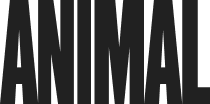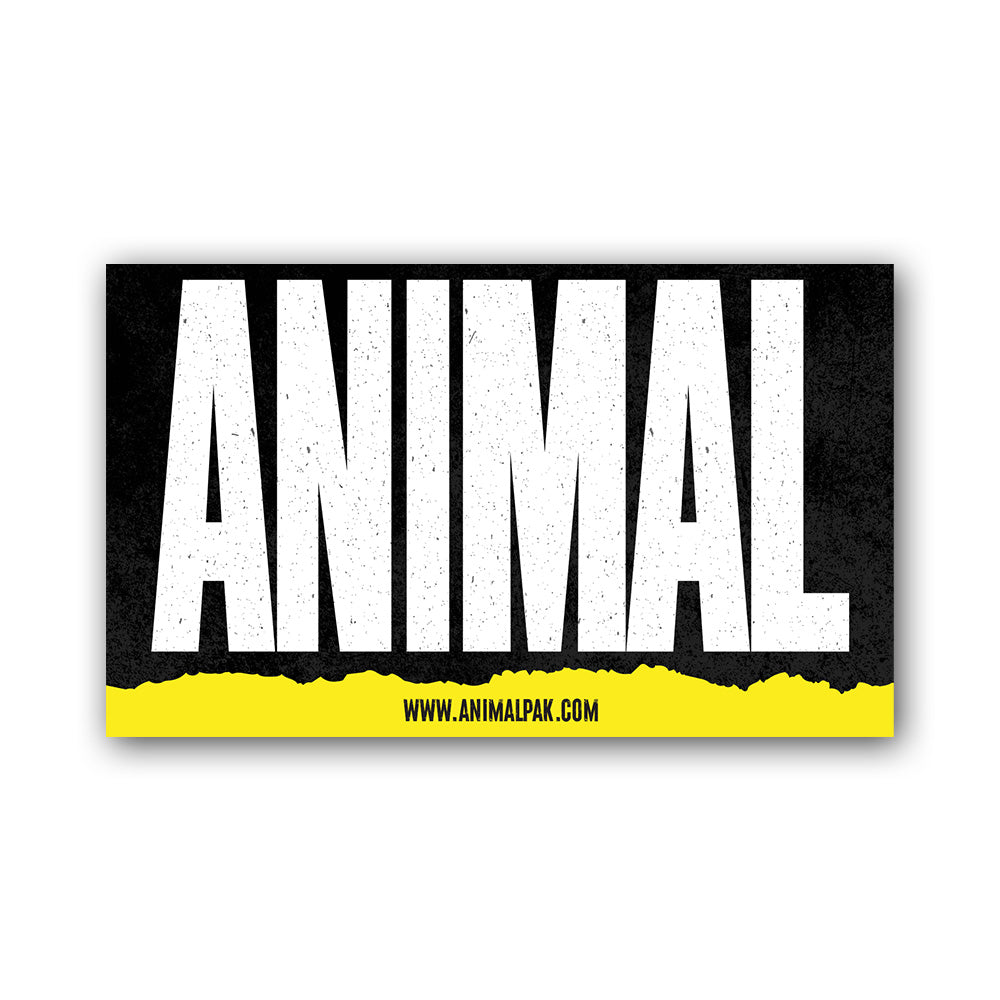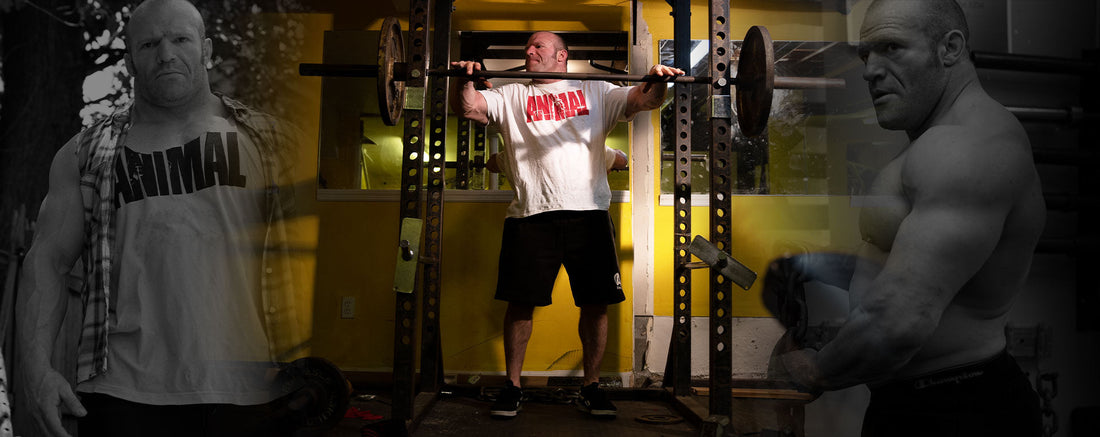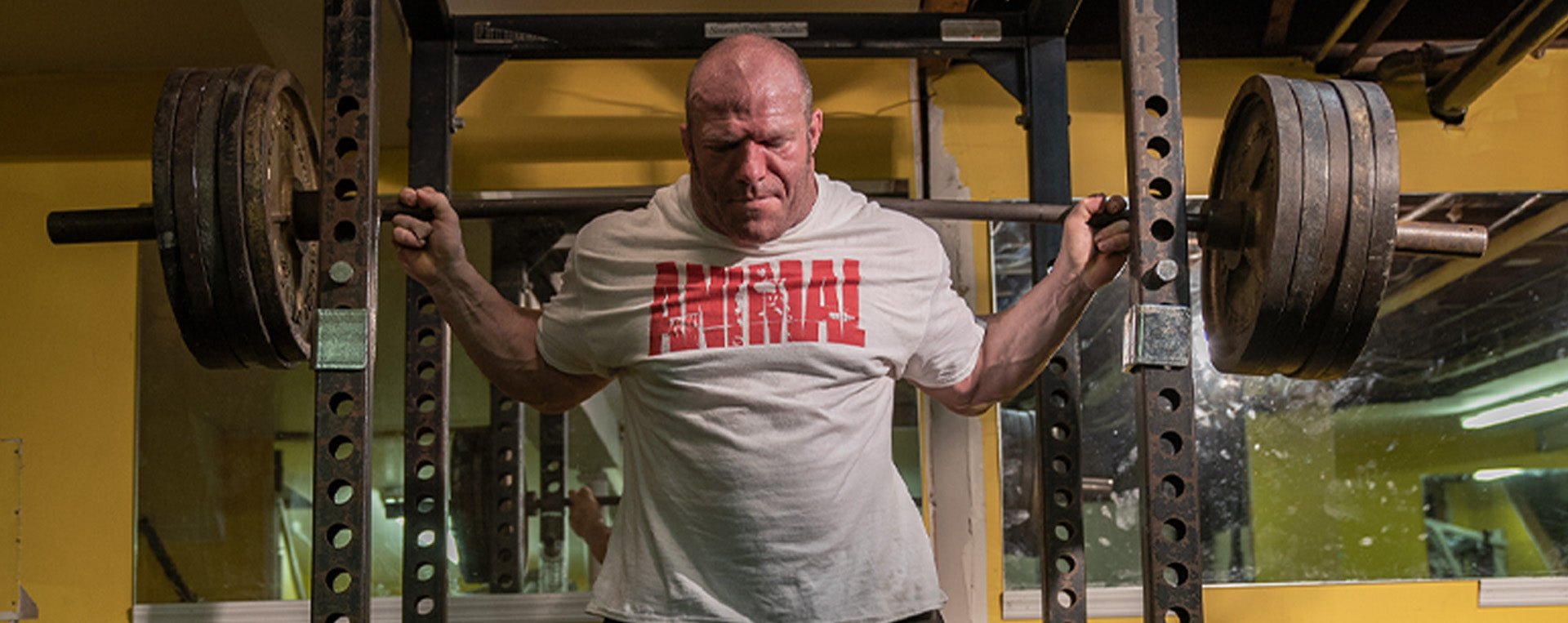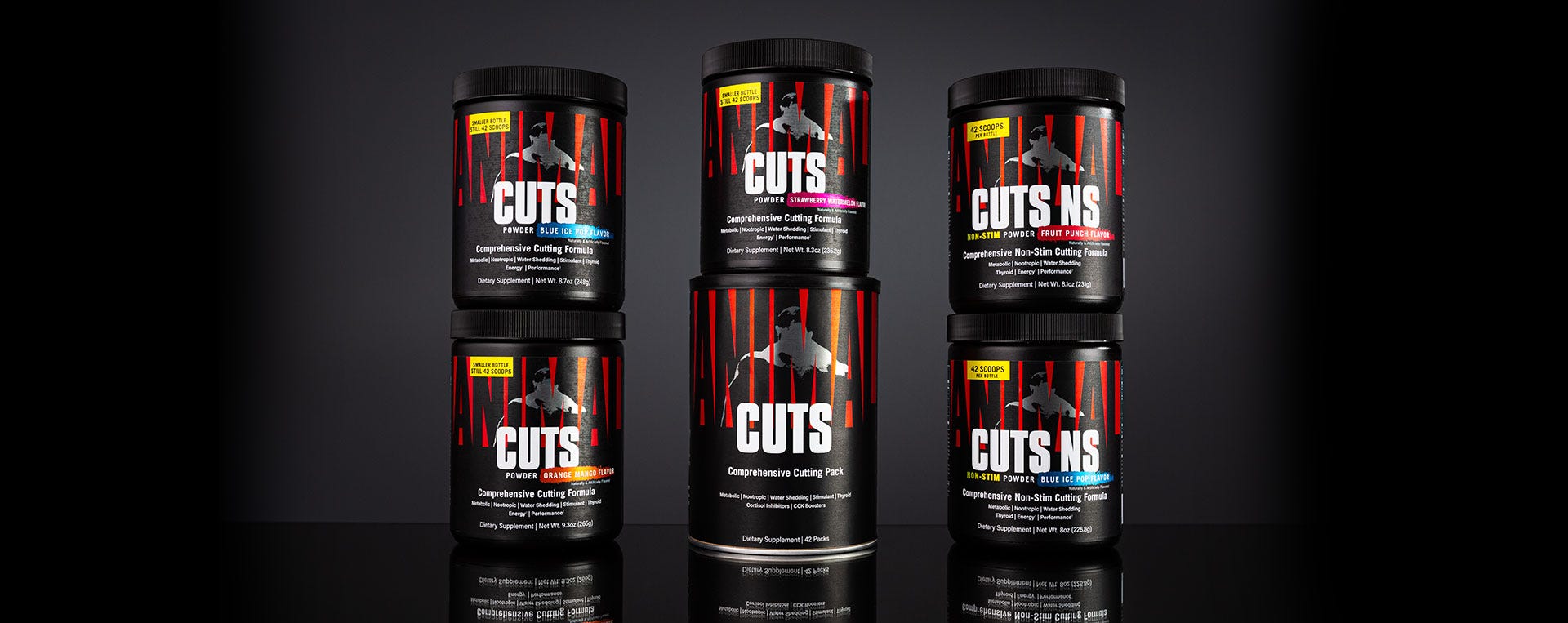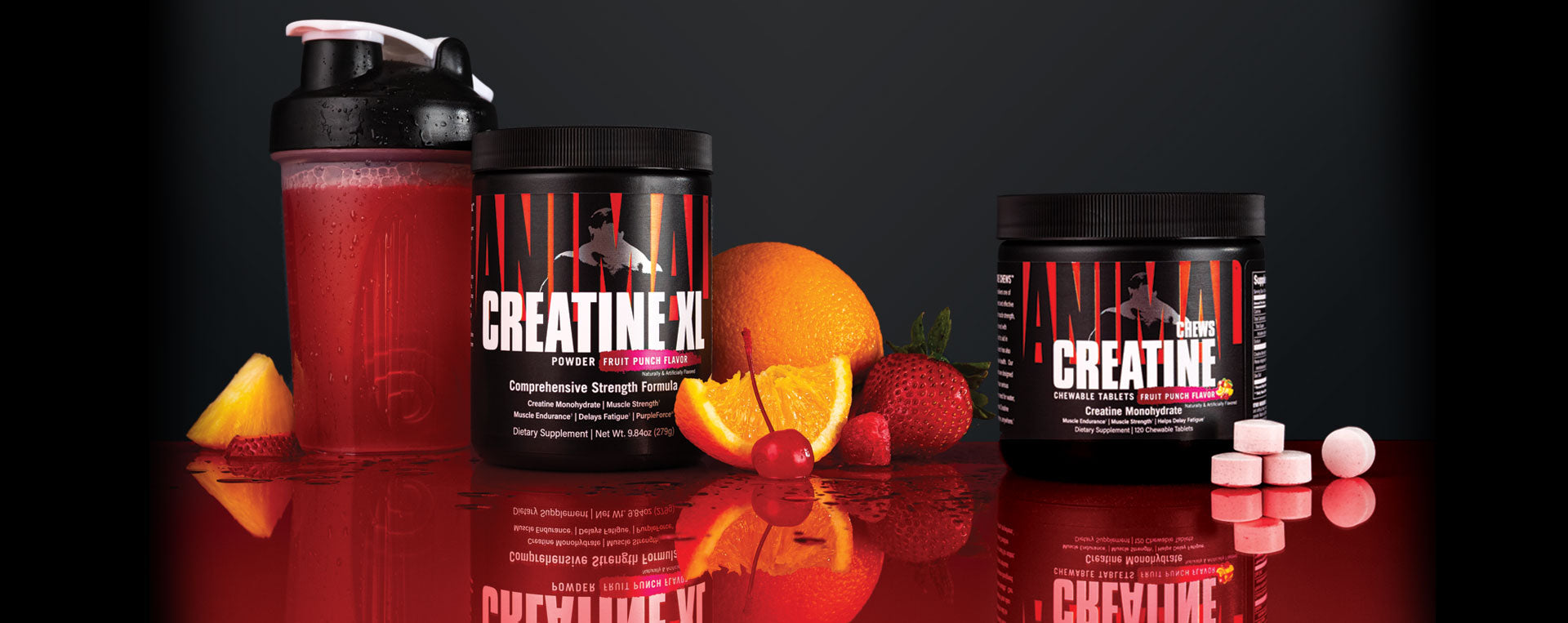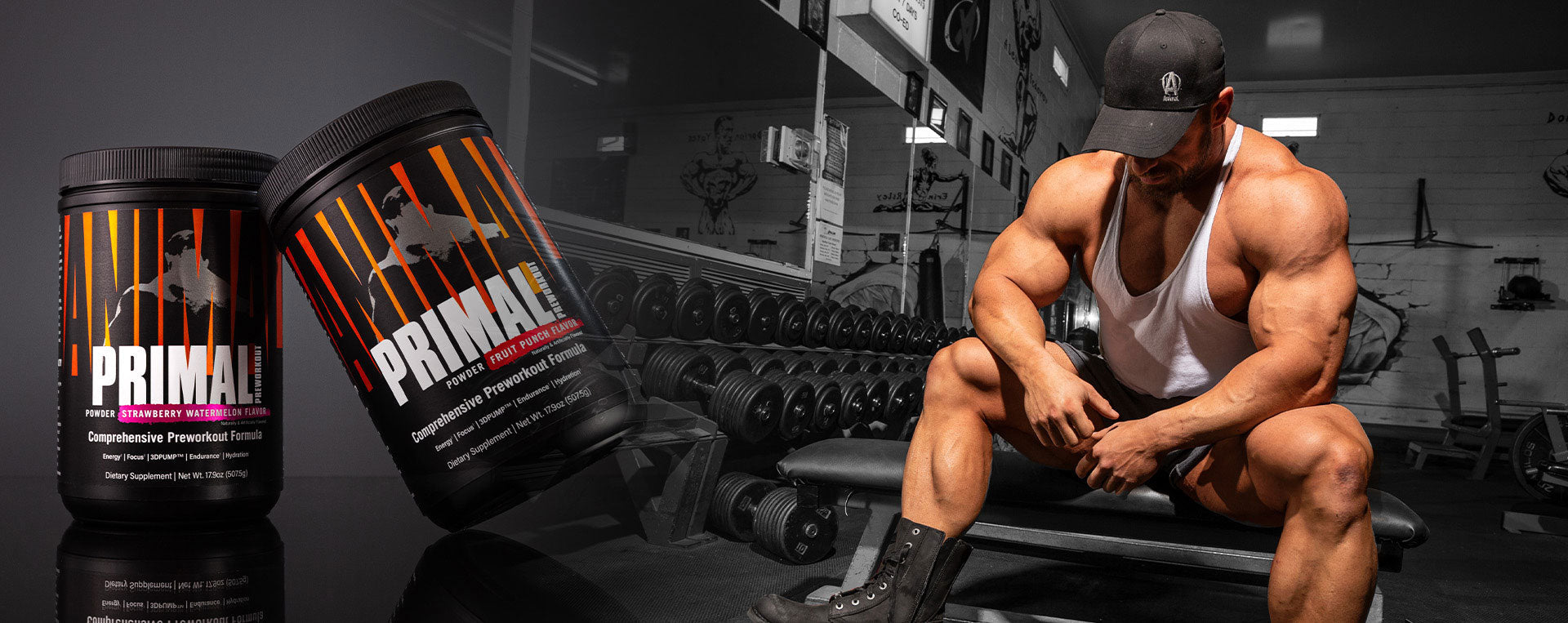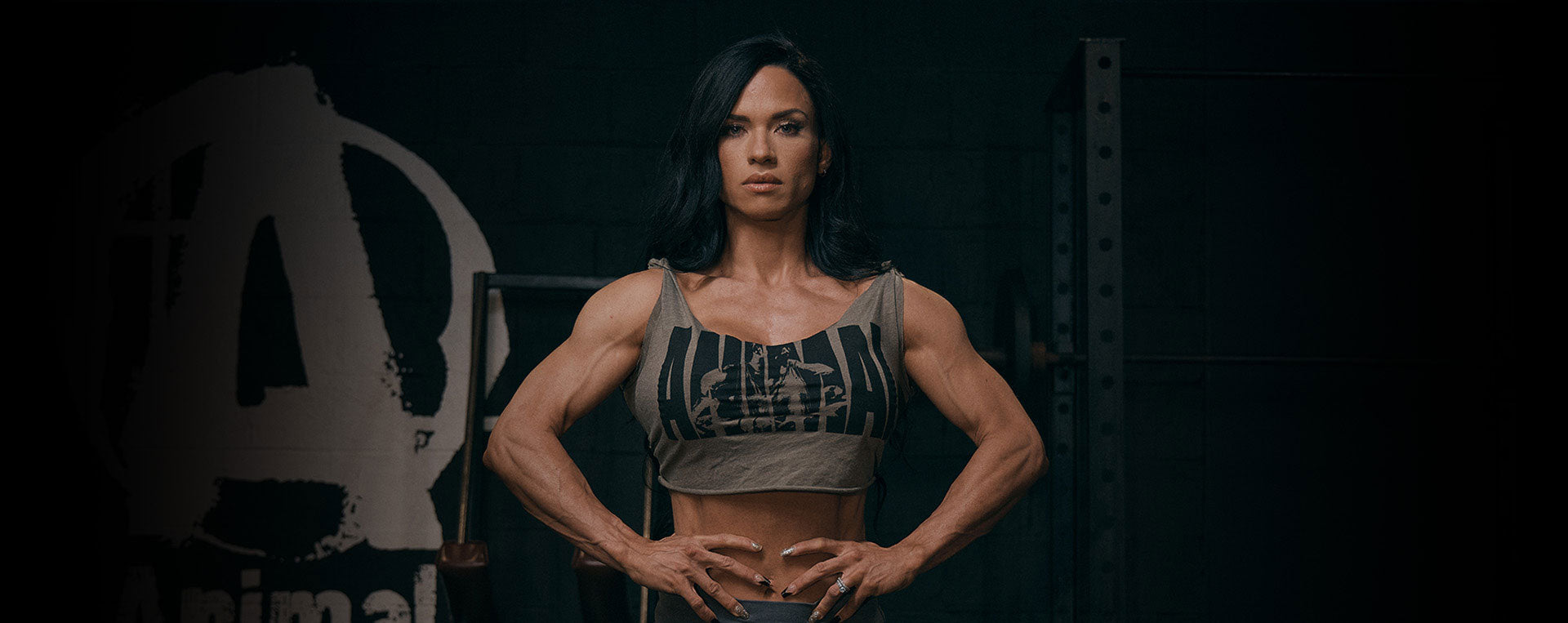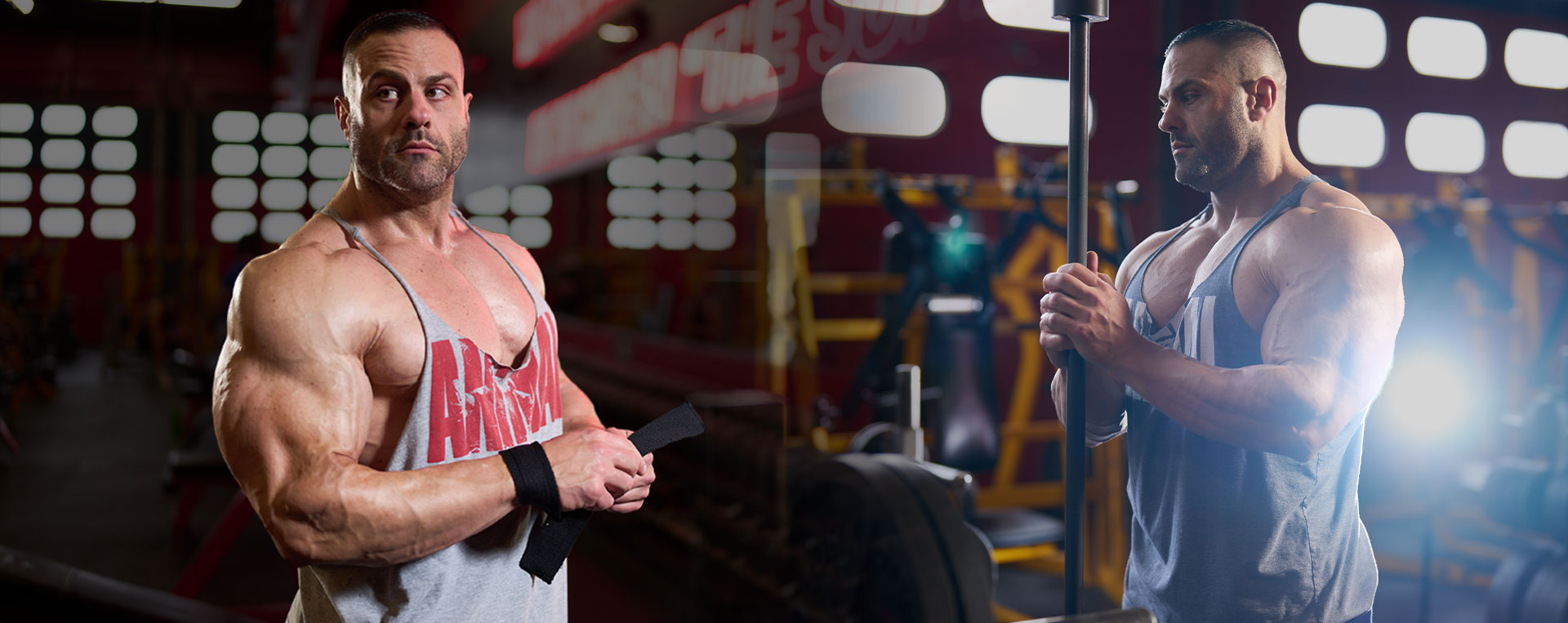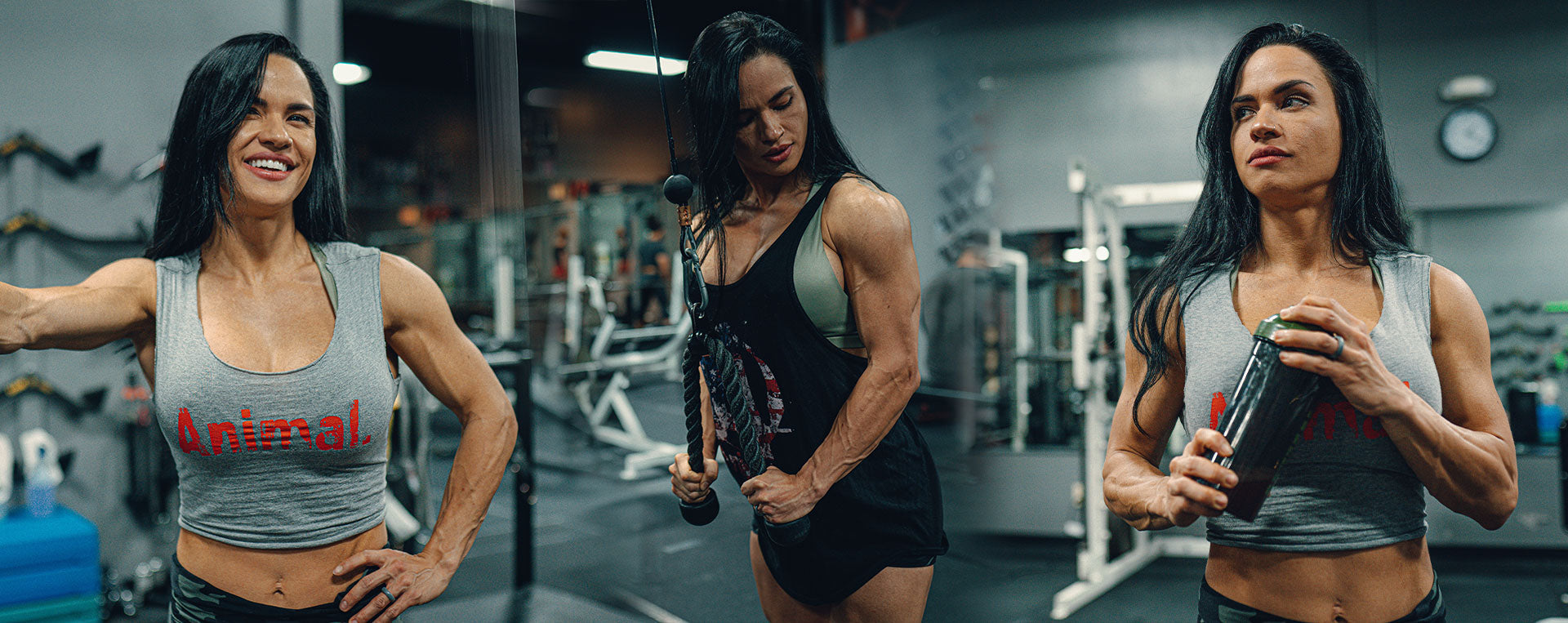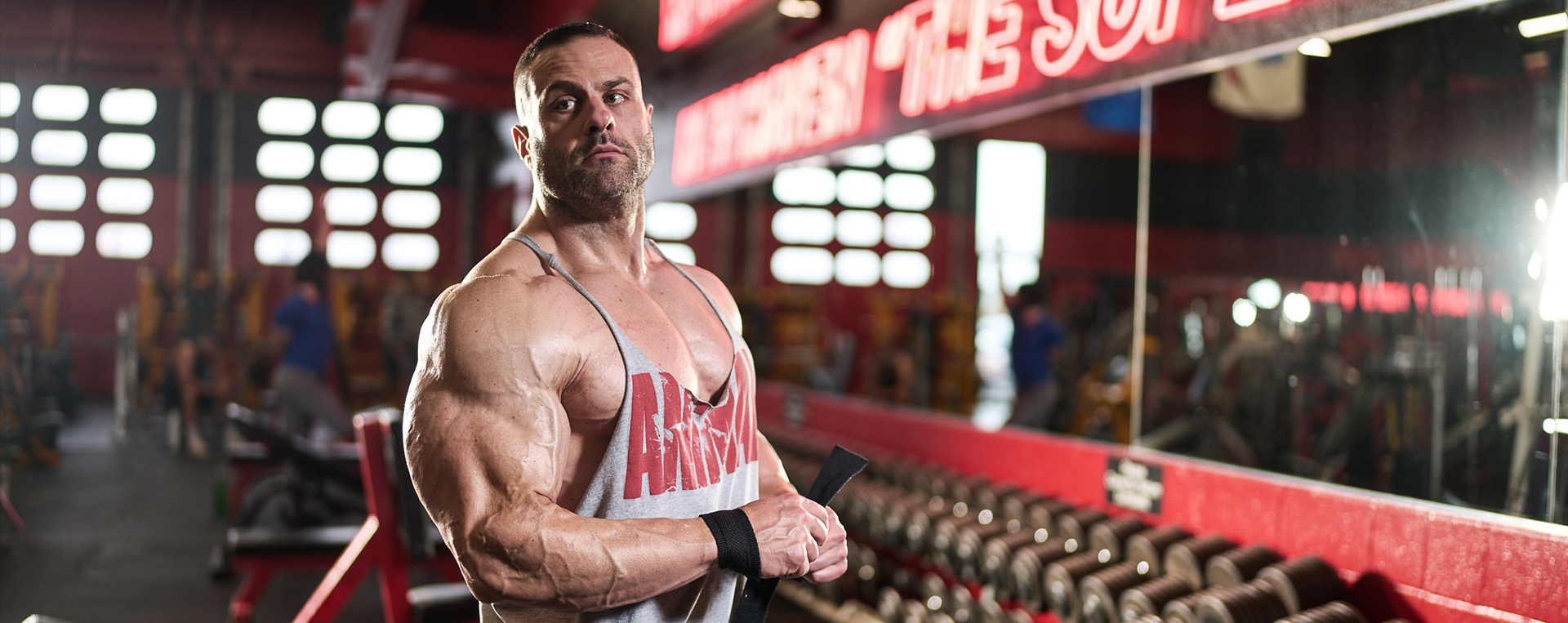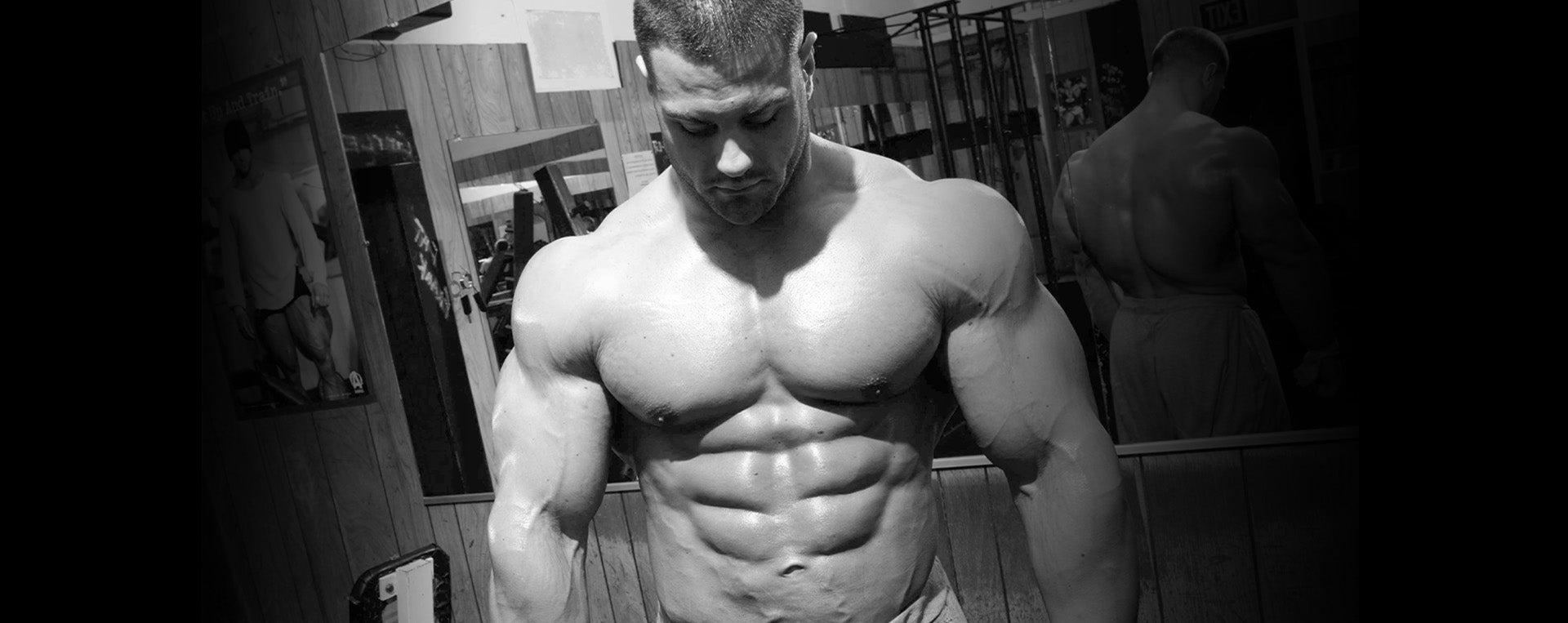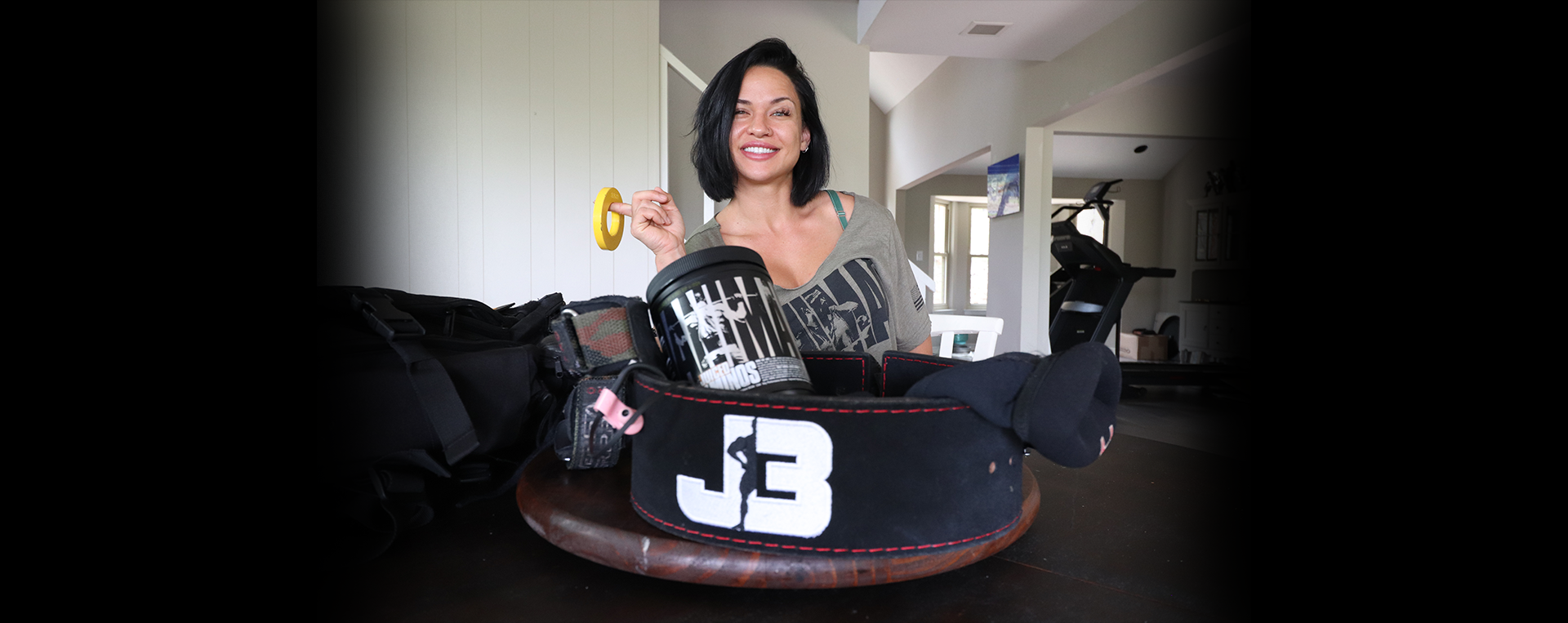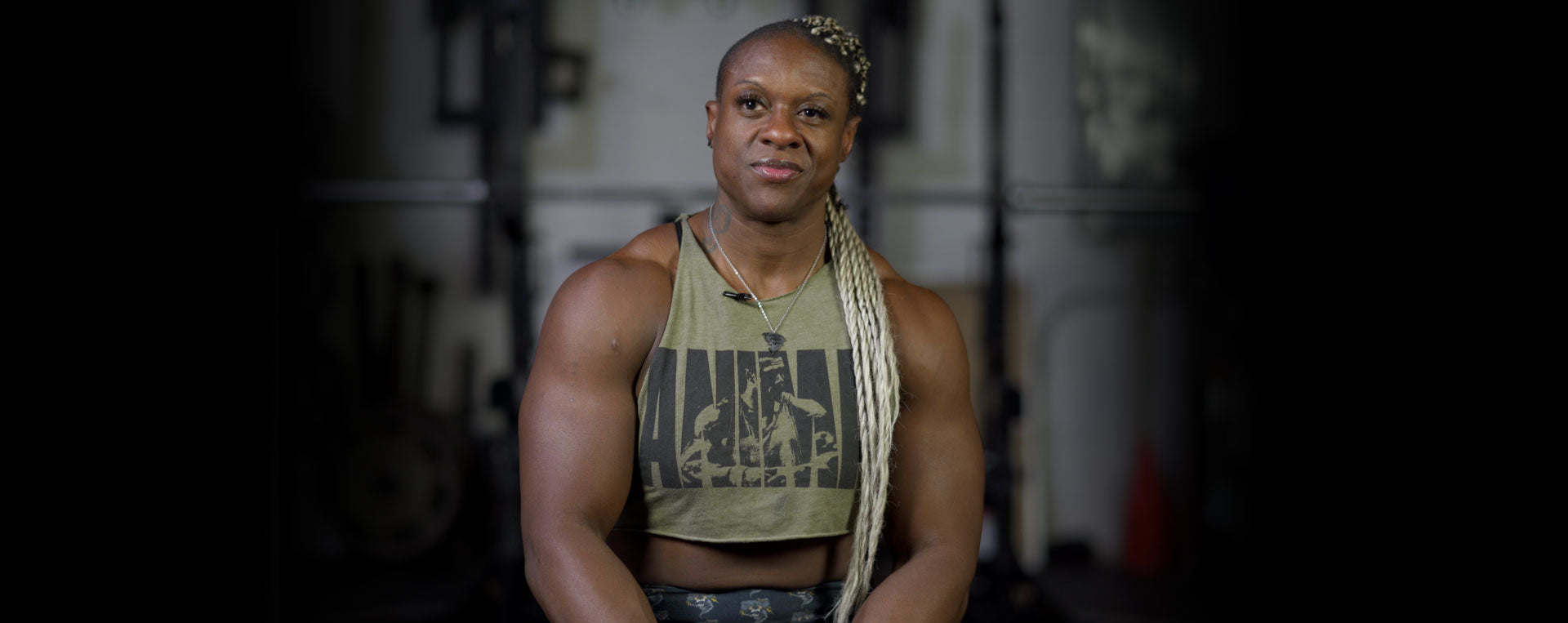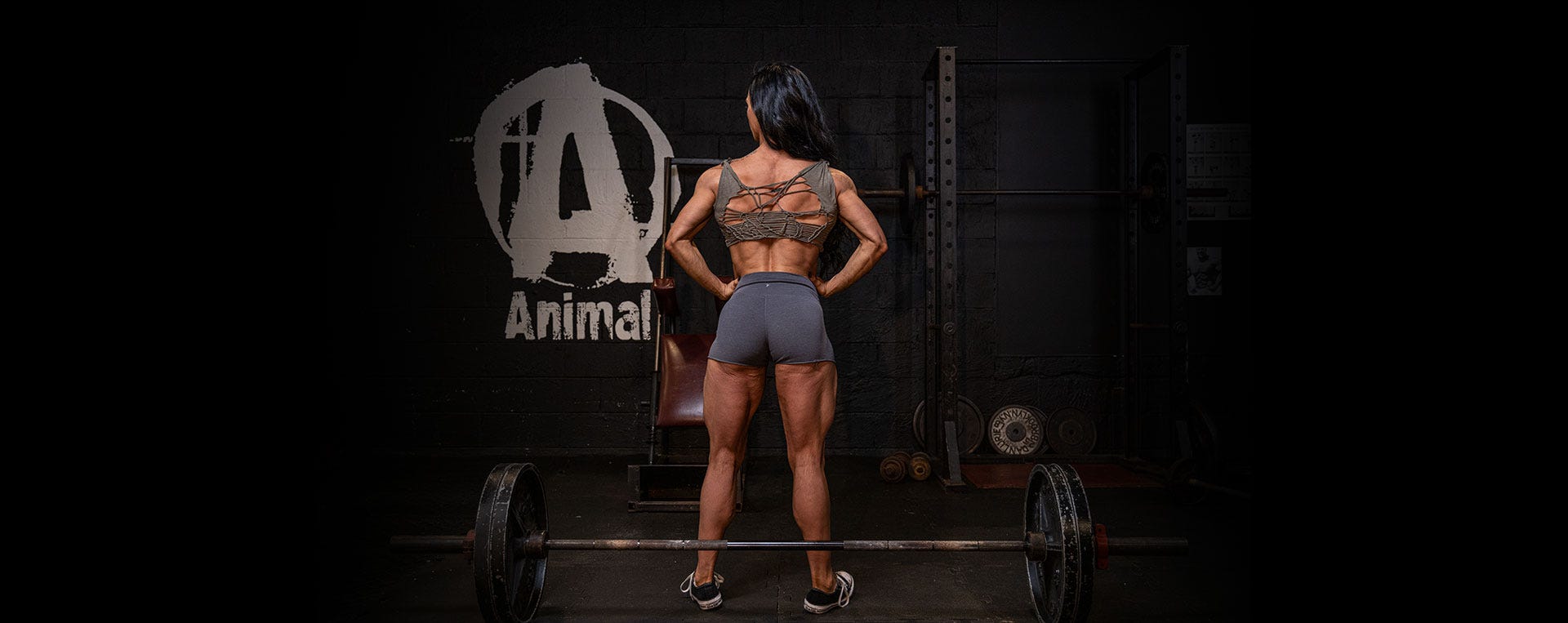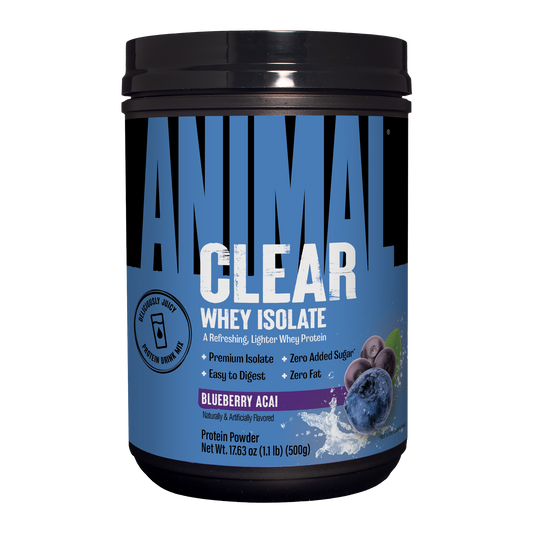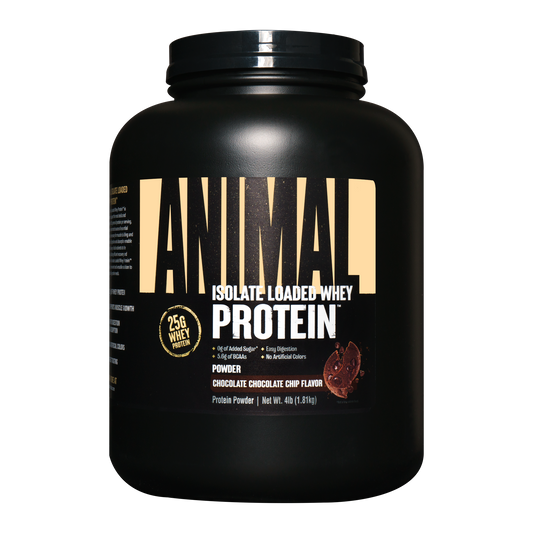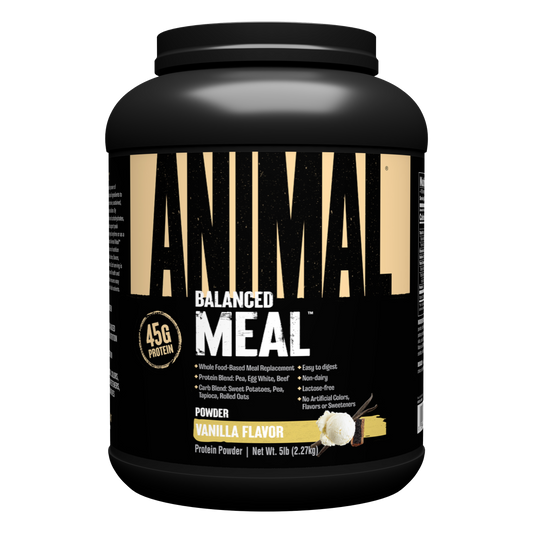First and foremost, I’m a lifelong fan of lifting weights, so I’ve had an interest in every endeavor that is intrinsically tied to that. Olympic weightlifting, strongman, powerlifting, arm-wrestling, bodybuilding, etc. My competitive career has been predominantly in powerlifting, but I have also done two strongman competitions (in 2014) and have always wanted to try my hand at bodybuilding. After I was injured in November 2021 while preparing for a powerlifting competition, I knew I wouldn’t be able to do any heavy squatting for a while, so I figured going the bodybuilding route would be a way to feed my competitive drive and take on a new challenge that involved a different style of training and dieting. Just to be clear, I am not done powerlifting.
Like many other powerlifters, I have incorporated some bodybuilding-style training into my powerlifting programming. It’s useful for addressing weak points, building up key muscle groups, and structuring accessory movements where you’re not using maximal (low rep) weights. That being said, powerlifting training still revolves around the big three (squat, bench, deadlift) whereas in bodybuilding there is no required lift. Therein lies part of the adventure of bodybuilding, where you’re free to use any exercises you want and it’s incumbent upon you to seek out and find the movements that work best for you individually.
That brings to me one of the big mental shifts between the two sports. In powerlifting, you’re focusing on movements while in bodybuilding you’re focusing on muscles. It’s subtle but significant. You could literally be doing the exact same lift with the exact same weight, say a back squat, but in powerlifting, you’re focusing your technique on moving the weight as powerfully and efficiently as possible, while in bodybuilding you’re focusing on the muscle group, say quads, that you are targeting. That’s where the element of creating a mind-muscle connection comes in. Arnold and many other bodybuilders have talked about the importance of focusing the mind on the target muscle and how this is crucial for improving the training effect but also for establishing better control of that muscle, which can enhance one’s posing.
That’s also why most bodybuilders use movements other than the big three as their primary lifts for their respective muscle groups. As of this writing, I can’t call myself a bodybuilder yet because I haven’t stepped on stage, but I’m having the same experience with my training. For my quads, I’m able to create a better mind-muscle connection with unilateral leg presses and hack squats, for example, than barbell back squats. I get a better mind-muscle connection with my hamstrings by doing dumbbell RDLs rather than barbell deadlifts. I get a better mind-muscle connection with my pecs by doing a Hammer Strength Incline Press rather than a flat barbell bench press. So a big mental hurdle to overcome in the transition from powerlifting to bodybuilding is to be ok with not training the big three for a while, and of course with getting weaker at them. As one gets deep into contest prep, getting weaker, in general, is something that is difficult but necessary to cope with. In order to get stage lean, one must be in a consistent caloric deficit. Throw in a bunch of cardio as well as a progressive loss of body weight, and a decline in strength, especially top-end strength, is inevitable. In a sense, I’ve actually found that to be liberating; I’m a couple of weeks out from my first show, I’ve gotten significantly leaner, and I’ve lost about 25 pounds in the last few months. For years as a powerlifter, I would go to the gym with specific numbers in my head of weight I needed to lift, and this was almost always an ambitiously heavy amount of weight. I enjoyed it but it was also a lot of pressure. Now, as I’m in the final stages of prep, I go to the gym knowing I almost certainly will not be stronger than I was the week before and I quite possibly might be weaker. I’m much less fixated and mentally tied to the amount of weight itself, and instead, I’m focusing on doing quality movements and stimulating my targeted muscles optimally.
The diet is a big change as well. I’ve always been mindful of my nutrition but I also gave myself a lot more leeway as far as what I allowed myself to consume prior to getting into bodybuilding prep. The diet becomes part of a lifestyle, and each person who does it has to find their own path as far as what works for them. It’s been a continual learning process, which is part of the fun, but I’ve learned that I have to be all or nothing with certain things like alcohol and sweets/desserts. Some people are able to incorporate those things into cheat meals or with basic moderation, but I’ve found that I do better by completely abstaining. The last sweet I had was a cinnamon roll made by a coworker on Easter morning at the firehouse, and the last alcohol I drank was two beers at a Journey concert on March 31st. I’ll admit it gives me a bit of pride and empowerment to prove to myself that I can avoid those things. Without committing to bodybuilding and to a specific deadline for an upcoming show, I’m not sure I would have been able to maintain that level of discipline. It’s been an interesting journey and I look forward to continuing it. I encourage others to give it a try as well.
